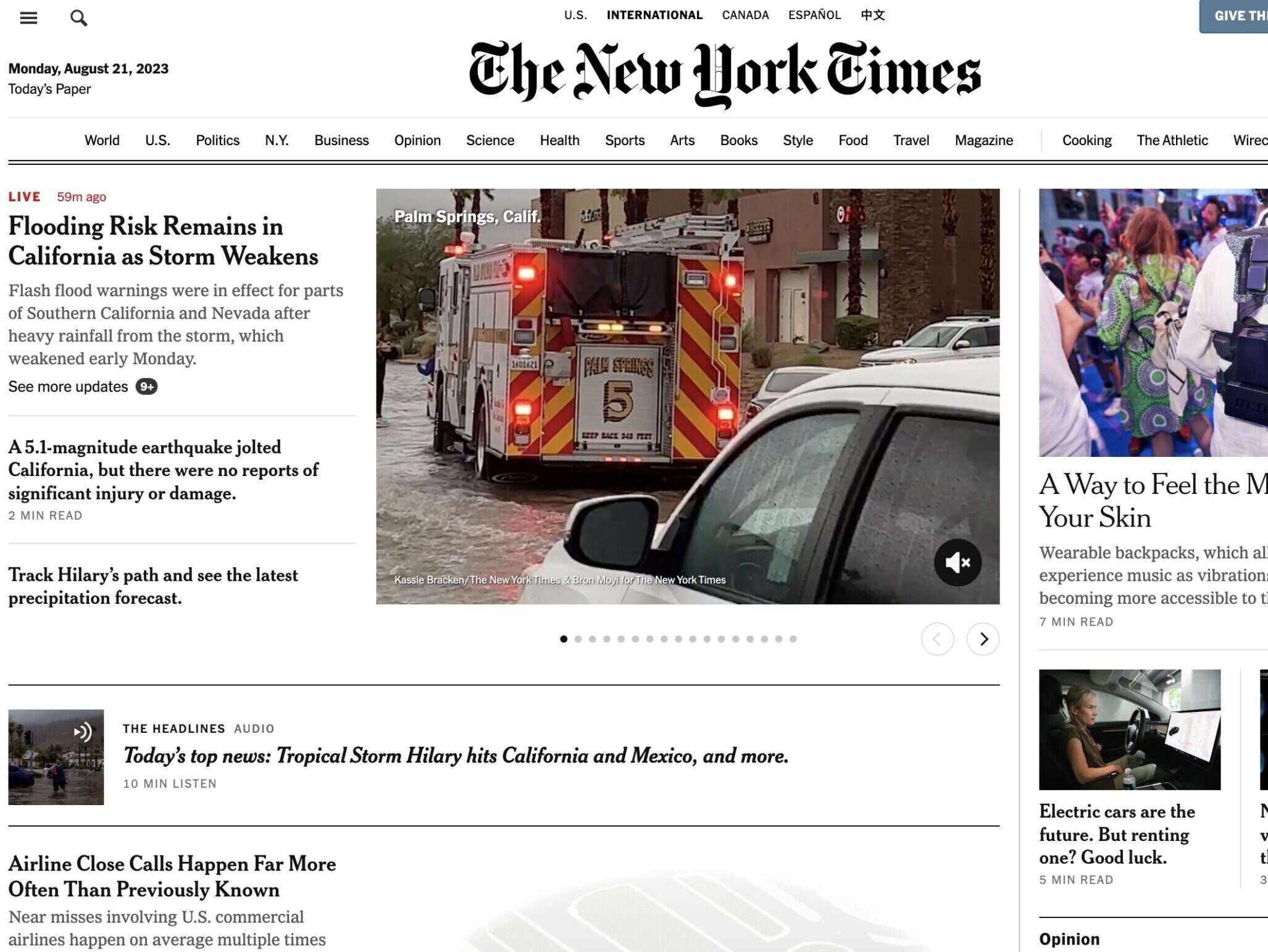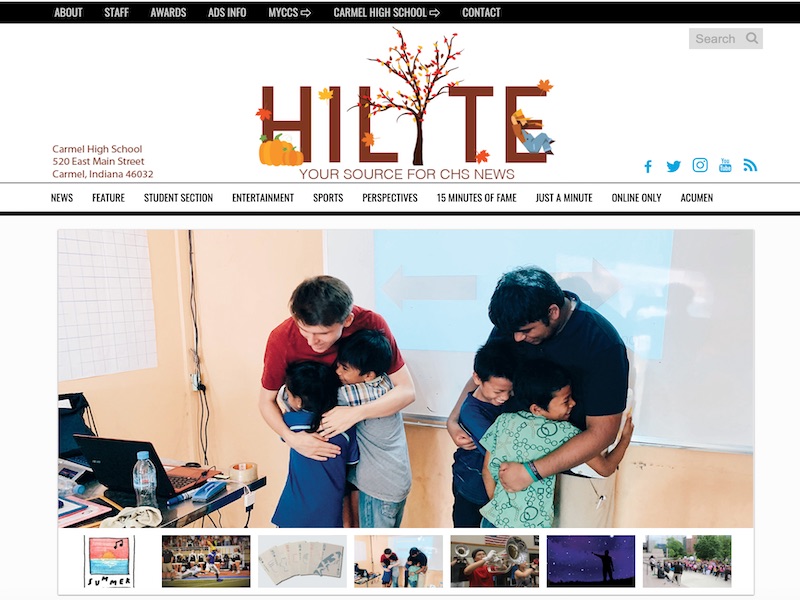What Does News Websites Mean?
What Does News Websites Mean?
Blog Article
Not known Facts About News Websites
Table of ContentsThe 5-Second Trick For News WebsitesMore About News WebsitesThe Greatest Guide To News WebsitesSome Known Questions About News Websites.The smart Trick of News Websites That Nobody is Talking About
It was down in the UK and Brazil but up some other nations, such as Greece, Bulgaria, and Poland (News Websites). This year, for the initial time, we inquired about the different methods that individuals avoid the news and discovered that around half of avoiders (53%) were trying to do so in a broad-brush or regular means as an example, by switching off the radio when the news came on, or by scrolling past the information in social networksYou claimed that you try to actively avoid information.

I'm possibly selecting to learn more light-hearted stories than I used to right now. M, 51, UK Turning my back on information is the only way I feel I can deal sometimes. I have to purposely make the effort to turn away for the purpose of my own mental wellness.
Not known Details About News Websites
Selective evasion of Ukraine news was highest possible in a lot of the countries closest to the dispute, enhancing findings from our additional study in 2014, soon after the battle had actually begun. Our information might not recommend a lack of interest in Ukraine from nearby nations yet rather a desire to manage time or shield psychological wellness from the extremely actual horrors of war.
Contrasting Finland with a politically polarised nation such as the United States (see next graph) that is less affected by the war, we find an extremely different pattern of subject evasion. In the USA, we find that customers are most likely to prevent subjects such as national politics and social justice, where discussions over concerns such as gender, sexuality, and race have become highly politicised.
American national politics are quite hazardous nowadays. I find occasionally that I have to detach from stories that just make me upset. F, 61, United States For some people, bitter and divisive political disputes are a reason to shut off information altogether, but also for some political partisans, evasion is commonly concerning shutting out perspectives you do not intend to listen to.

The Of News Websites
Some are looking to make news more easily accessible for hard-to-reach teams, broadening the news agenda, commissioning even more motivating or favorable information, or welcoming positive or solutions journalism that provide people a sense of hope or individual agency. In our survey this year, we asked participants regarding their interest in these various methods.
This describes why stories like Ukraine or national politics execute well with information regulars but can at the same time turn much less interested customers away (News Websites). Careful avoiders are less curious about all kinds of information than non-avoiders however in family member terms they do appear to be more curious about favorable or solutions-based news

Indicators on News Websites You Need To Know
2023). This may be real in the moment, however gradually it seems to be leaving many individuals vacant and less completely satisfied, which might be undermining our connection with and rely on the information. Across markets, overall count on news (40%) and rely on the sources individuals use themselves (46%) are down by a further 2 percent points this year.
With the rear-view mirror, the COVID-19 trust fund address bump is plainly visible in article source the following graph, though the instructions of travel after that has actually been mixed. In many cases (e.g. Finland), the count on boost has actually been preserved, while in others the upturn looks more like a blip in a story of ongoing long-lasting decrease.
A few of the highest reported degrees of media objection are discovered in nations with greatest degrees of distrust, such as Greece, the Philippines, the USA, France, and the UK. The cheapest levels of media criticism are typically in those with higher levels of trust fund, such as Finland, Norway, Denmark, and Japan.
Some Known Factual Statements About News Websites
This year we asked participants concerning their choices for message, audio and video when consuming news online. Typically, we discover that the bulk still choose to review the information (57%), as opposed to watch (30%) or listen to it (13%), but younger individuals (under-35s) are most likely to listen (17%) than older groups.
Behind the standards we locate substantial and unexpected nation differences. In markets with a strong reading practice, such as Finland and the UK, around eight in ten still like to review online news, however in India and Thailand, around four in 10 (40%) state they prefer to enjoy information online, and in the Philippines that percentage is over half (52%).
Report this page